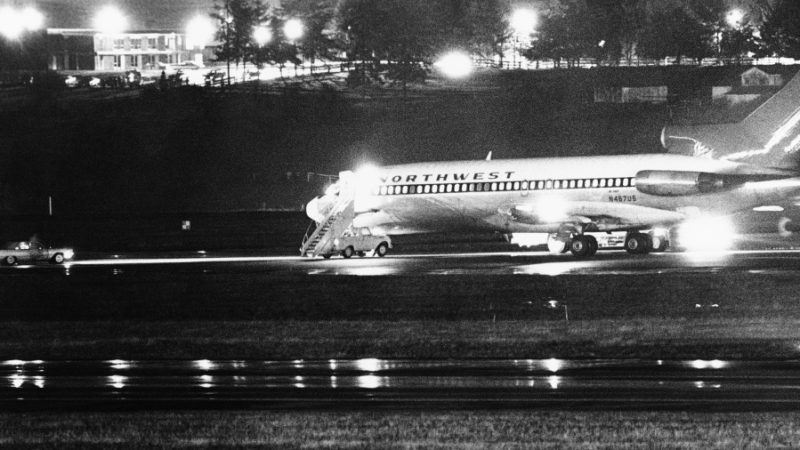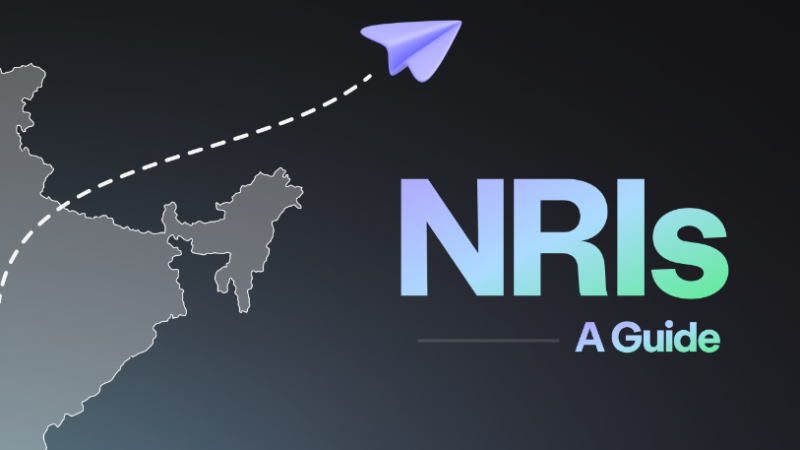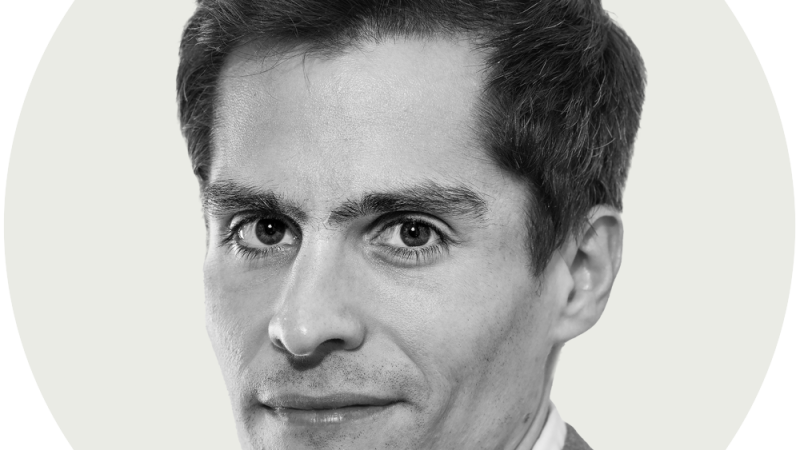Decoding Breathlessness: Unraveling the Connection between Anxiety and Shortness of Breath

Shortness of breath is a common and often alarming symptom that can manifest in various situations. While it’s easy to attribute it to physical factors such as respiratory issues, it’s essential to recognize that anxiety can also play a significant role in this sensation. Understanding the link between anxiety and shortness of breath is crucial for managing and addressing these symptoms effectively.
Recognizing Anxiety-Induced Shortness of Breath:
- Understand the Physiology: Anxiety triggers the body’s “fight or flight” response, releasing stress hormones like cortisol and adrenaline. This physiological reaction prepares the body to confront or evade a perceived threat. In this process, breathing becomes rapid and shallow to supply more oxygen to the muscles, causing a feeling of breathlessness.
- Awareness of Anxiety Triggers: Identifying the triggers for anxiety is fundamental in recognizing anxiety-induced shortness of breath. Stressful situations, phobias, social interactions, or traumatic experiences can contribute to heightened anxiety levels, leading to breathlessness.
- Observe Breathing Patterns: Anxiety often leads to erratic breathing patterns, such as hyperventilation. Individuals experiencing anxiety-induced shortness of breath may notice rapid, shallow breaths, chest tightness, or difficulty taking a deep breath. Observing these patterns can help differentiate anxiety-related breathlessness from other causes.
- Accompanying Symptoms: Anxiety-induced shortness of breath is usually accompanied by other psychological and physical symptoms. These may include increased heart rate, sweating, trembling, dizziness, and a sense of impending doom. Recognizing these signs can aid in distinguishing anxiety-related breathlessness from respiratory or cardiac issues.
Differential Diagnosis:
- Consultation with Healthcare Professionals: While anxiety is a common cause of shortness of breath, it’s essential to rule out other potential medical conditions. Seeking guidance from healthcare professionals, such as primary care physicians or pulmonologists, can help in conducting diagnostic tests to eliminate respiratory or cardiac issues.
- Physical Examinations: Healthcare providers may conduct thorough physical examinations to assess lung and heart function. This may involve listening to breath sounds, measuring oxygen saturation levels, and evaluating overall cardiovascular health.
- Diagnostic Tests: Various diagnostic tests, including pulmonary function tests, chest X-rays, and electrocardiograms (ECG or EKG), can provide valuable insights into the underlying causes of shortness of breath. These tests help in differentiating anxiety-related symptoms from those stemming from respiratory or cardiac conditions.
Managing Anxiety-Induced Shortness of Breath:
- Cognitive Behavioral Therapy (CBT): CBT is a widely used therapeutic approach for managing anxiety-related symptoms, including breathlessness. It helps individuals identify and change negative thought patterns and behaviors, promoting healthier coping mechanisms.
- Relaxation Techniques: Practicing relaxation techniques, such as deep breathing exercises, progressive muscle relaxation, and mindfulness meditation, can be beneficial in alleviating anxiety-induced shortness of breath. These techniques promote a sense of calm and regulate breathing patterns.
- Medication: In some cases, healthcare professionals may prescribe medication to manage anxiety symptoms. This could include selective serotonin reuptake inhibitors (SSRIs), benzodiazepines, or beta-blockers, depending on the severity of symptoms and individual factors.
- Lifestyle Modifications: Adopting a healthy lifestyle can contribute to overall well-being and help manage anxiety. Regular exercise, a balanced diet, adequate sleep, and stress management techniques can contribute to reducing anxiety-related breathlessness.
Conclusion:
Recognizing the connection between anxiety and shortness of breath is crucial for effective management and improved quality of life. By understanding the physiological responses to anxiety, identifying triggers, and differentiating anxiety-related symptoms from other potential causes, individuals can take proactive steps to address their breathlessness. Seeking professional guidance, incorporating therapeutic interventions, and making lifestyle modifications are essential components of a comprehensive approach to managing anxiety-induced shortness of breath. It’s crucial to prioritize mental health alongside physical well-being to achieve a holistic and sustainable improvement in overall health.
-
Q: Can anxiety really cause shortness of breath?
A: Yes, anxiety can indeed cause shortness of breath. When you experience anxiety, your body enters a “fight or flight” response, leading to rapid and shallow breathing, which can result in a feeling of breathlessness.
-
Q: How do I differentiate between anxiety-induced shortness of breath and a respiratory issue?
A: Observing breathing patterns is crucial. Anxiety-related shortness of breath often involves rapid and shallow breaths, accompanied by other anxiety symptoms like increased heart rate, sweating, and trembling. If in doubt, consult a healthcare professional for a thorough evaluation.
-
Q: What are common triggers for anxiety-induced shortness of breath?
A: Anxiety triggers can vary among individuals but commonly include stress, social situations, phobias, traumatic experiences, or a combination of these factors. Identifying personal triggers is essential in managing anxiety.
-
Q: Are there specific physical symptoms that accompany anxiety-induced breathlessness?
A: Yes, anxiety-induced shortness of breath is often accompanied by symptoms such as dizziness, chest tightness, increased heart rate, and a sense of impending doom. These collective symptoms help distinguish anxiety-related breathlessness from other causes.
-
Q: When should I seek medical help for shortness of breath related to anxiety?
A: If you are unsure about the cause of your shortness of breath or if the symptoms persist or worsen, it is advisable to consult a healthcare professional. They can conduct necessary tests to rule out other potential causes and provide appropriate guidance.
-
Q: Can anxiety-related shortness of breath be managed without medication?
A: Yes, non-pharmacological approaches can be effective. Techniques such as deep breathing exercises, mindfulness meditation, and cognitive-behavioral therapy (CBT) are valuable in managing anxiety-induced breathlessness. However, in some cases, medication may be recommended.
-
Q: What role do relaxation techniques play in managing anxiety-induced shortness of breath?
A: Relaxation techniques, including deep breathing exercises and progressive muscle relaxation, can help regulate breathing patterns and promote a sense of calm. These techniques are often incorporated into anxiety management strategies.
-
Q: How can I differentiate anxiety-related shortness of breath from a panic attack?
A: Anxiety-related shortness of breath is a common symptom of both generalized anxiety and panic attacks. The distinction lies in the intensity and duration of symptoms. Panic attacks typically involve sudden and intense feelings of fear or terror, while generalized anxiety may have more persistent but less acute symptoms.
-
Q: Are there lifestyle changes that can help reduce anxiety-induced breathlessness?
A: Yes, adopting a healthy lifestyle can contribute to managing anxiety. Regular exercise, a balanced diet, sufficient sleep, and stress management techniques can positively impact overall mental health and reduce anxiety-related symptoms.
-
Q: Can anxiety-related shortness of breath occur even in the absence of a specific trigger?
A: Yes, anxiety can manifest without an apparent trigger. Sometimes, the body’s response to stressors may not be immediately evident, and anxiety-related symptoms, including shortness of breath, can arise without a clear precipitating event.
Remember, while these FAQs provide general information, individual experiences may vary. If you have concerns about your health, it is advisable to consult with a healthcare professional for personalized guidance and support.






